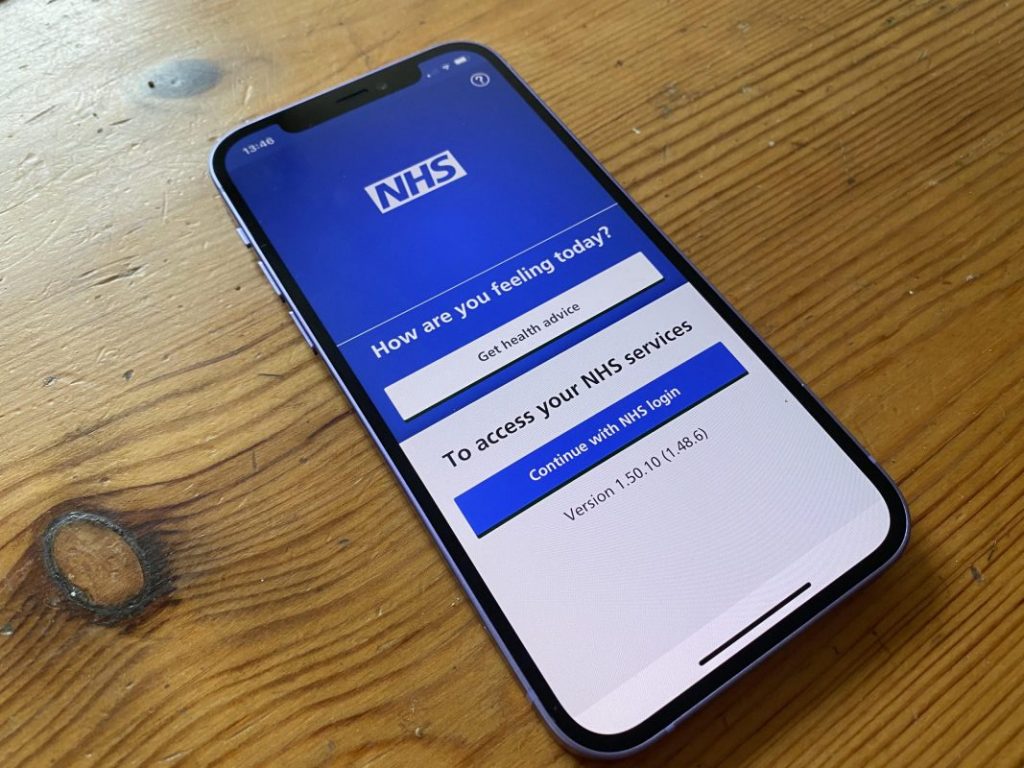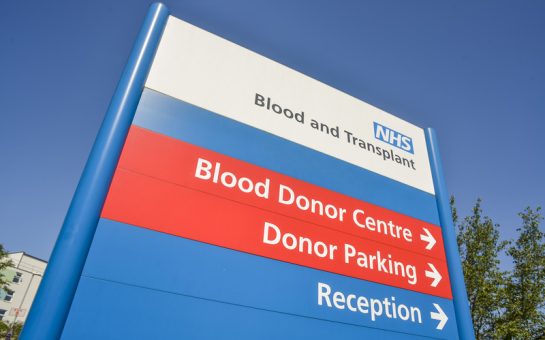England’s NHS app will be able to act as a coronavirus vaccine passport from Monday.
Once someone has had both doses, the app will be able to display a person’s proof of vaccination.
Government restrictions easing on Monday will see indoor dining return, larger groups will be able to meet, and people will finally be allowed to hug their loved ones again.
Almost 36 million people have had their first dose of the vaccine in the UK, and almost 19 million have received both doses.
What can I use the NHS app’s proof of vaccination for?
This can be used to show your vaccination status when travelling abroad, however at the moment there are not many countries that accept proof of vaccination.
So for the time being most people will still need to follow other rules when travelling abroad – like getting a negative pre-departure test.
The Government advises people to check local travel restrictions before travelling, as some countries may still require a negative PCR test and you may still have to isolate on arrival.
You can search by country on the Government’s website by clicking here.
Will everyone in the UK have access to this on Monday?
No. Proof of COVID-19 vaccination status will only be available for people who live in England on Monday, but the Government says they are working to make this available to everyone in the UK.

I already have the NHS Covid-19 Contact Tracing App. Is this the one I need for my vaccine passport?
No. The NHS app, which is separate from the NHS Covid-19 app, can be downloaded on phones or tablets by clicking here.
To use the app, you must be aged 13+ and be registered with a GP in England.
If you’re aged 13 to 15, you’ll need to contact your GP surgery to request access to GP online services before you can use the app.
What if I don’t have a smartphone or tablet?
Those without access to the app can request a paper copy by calling 119.
This must be at least five working days after you’ve completed your course of the vaccine, and it will take up to seven working days for the letter to reach you.
It will be posted to the address you used to register with your GP, so if you’ve recently moved house, make sure you’ve given your new address to your GP practice before calling 119.
How about children?
Children cannot get COVID-19 vaccination status as they are not currently being vaccinated.
If you’re travelling abroad, you and any children you’re travelling with may need to show proof of a COVID-19 test, with or without a completed vaccination course, so be sure to check the Government’s travel advice pages to see what the entry requirements are for your destination country.
How do people feel about this?
Six in ten Britons are happy about the introduction of a vaccine passport, according to YouGov. However, 34% of the population are opposed to the idea.
The South West Londoner took to the streets earlier this week to find out what Londoners think:
What are the travel restrictions like at the minute?
If you live in England, Scotland or Wales you can travel to anywhere within these countries, but there are some restrictions in place.
Travel to Northern Ireland from within the Common Travel Area is restricted to essential travel only, and if you plan on staying for more than 24 hours you may need to self-isolate for ten days.
From 17 May, the following 12 countries will be on the green list. This means you won’t need to isolate when you return to England, if your Covid test is negative.
You will still need to take a test before come back to England, a test when you arrive in England, and fill out a passenger locator form.
- Australia
- Brunei
- Falkland Islands
- Faroe Islands
- Gibraltar
- Iceland
- Israel and Jerusalem
- New Zealand
- Portugal (including the Azores and Madeira)
- Singapore
- South Georgia and South Sandwich Islands
- St Helena, Ascension and Tristan da Cunha
Travellers should check each individual country’s entry requirements, however.
Learn more about red, amber, and green list countries here.




